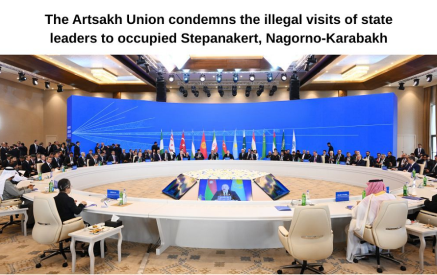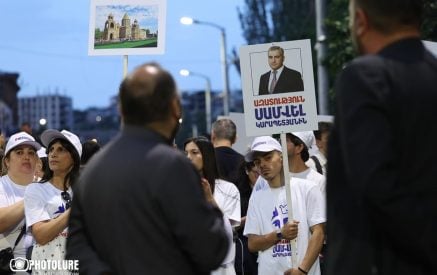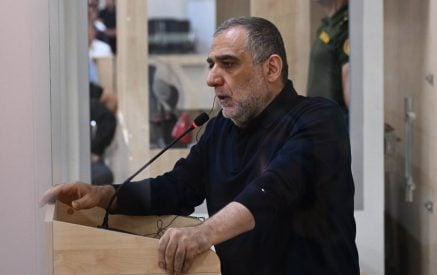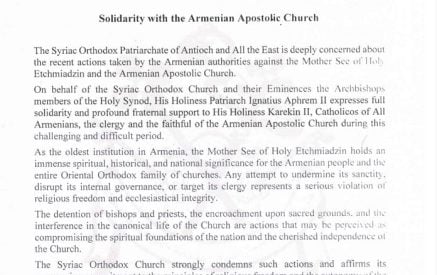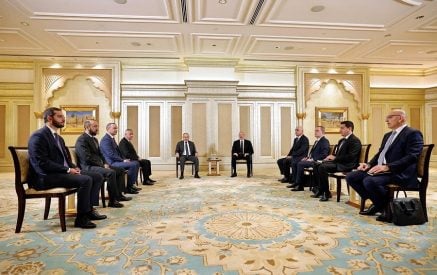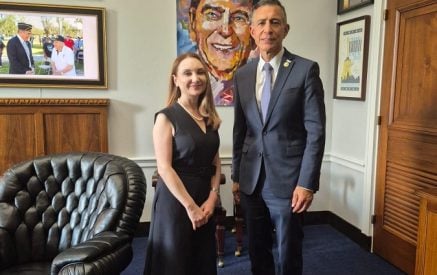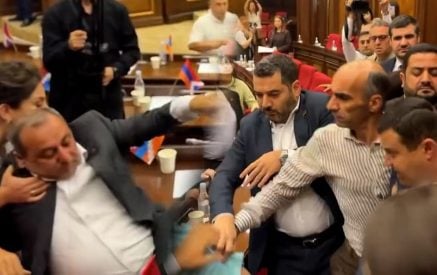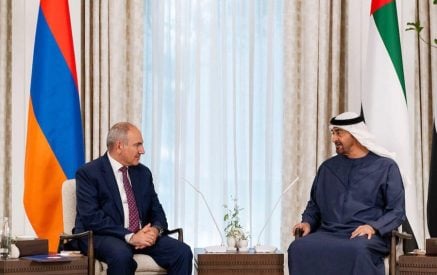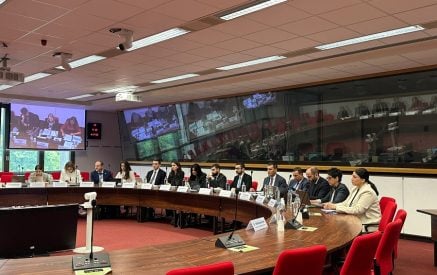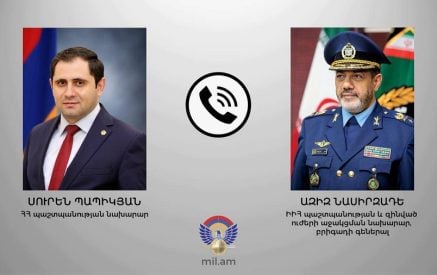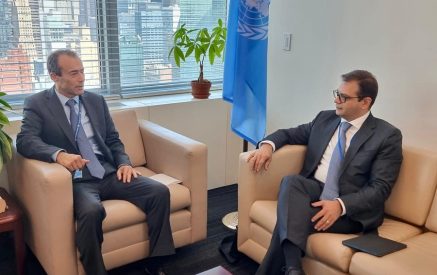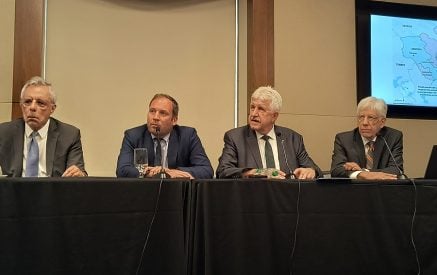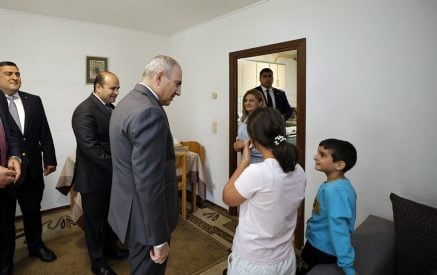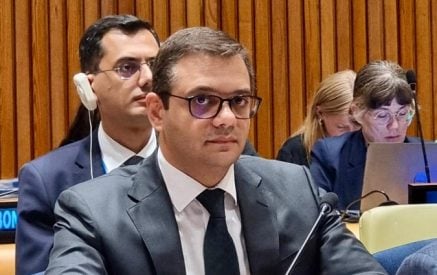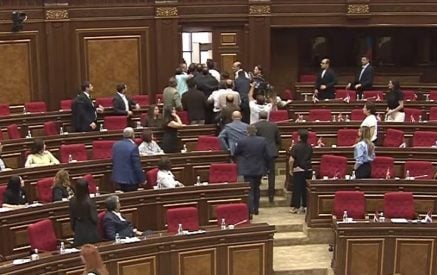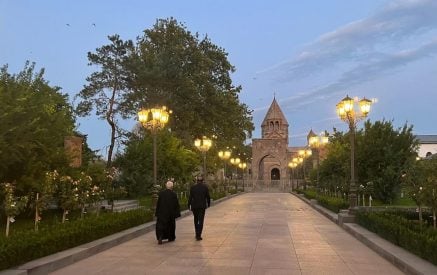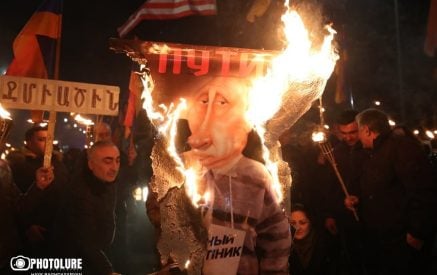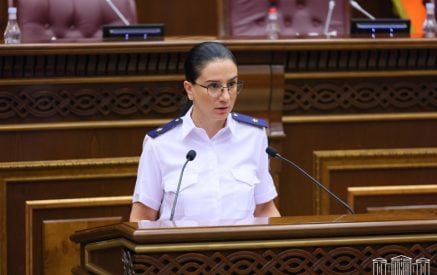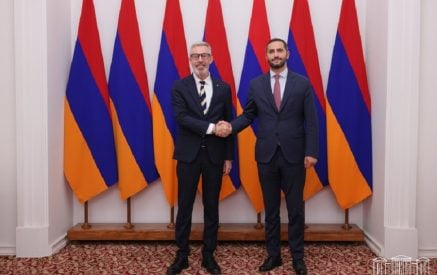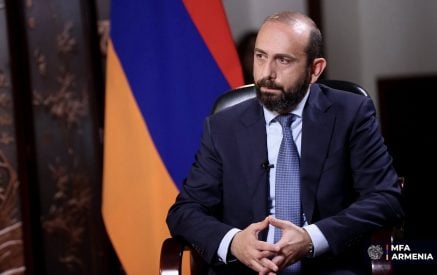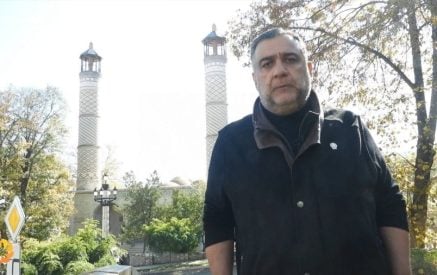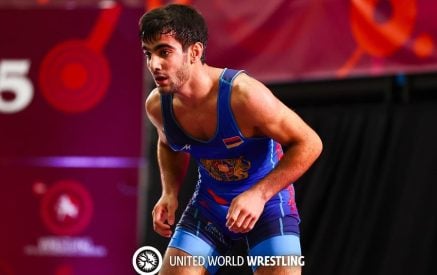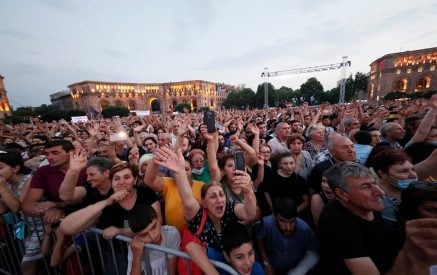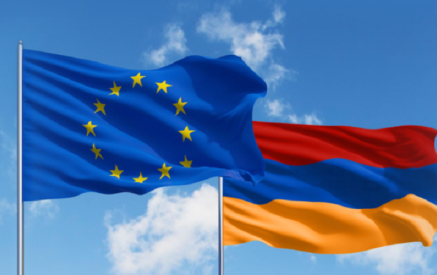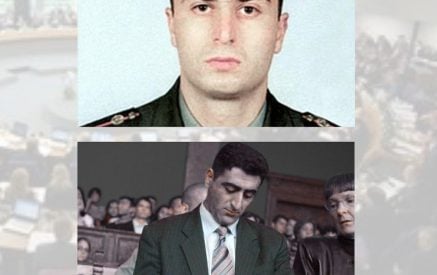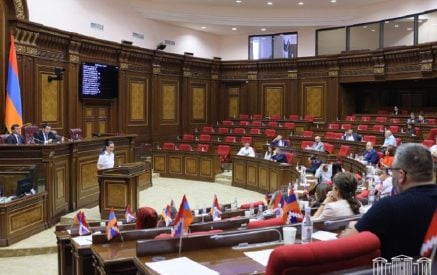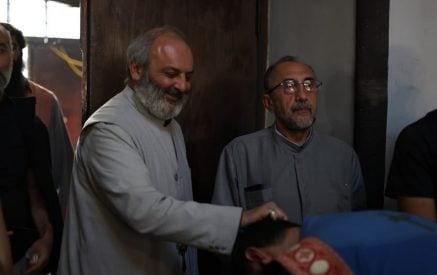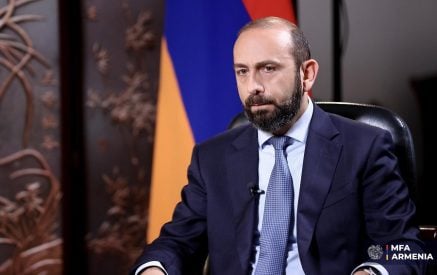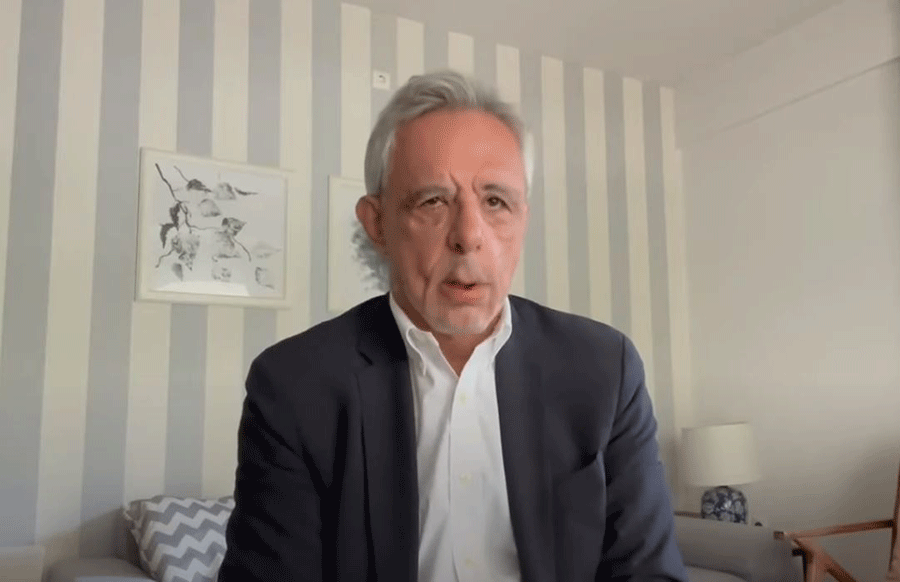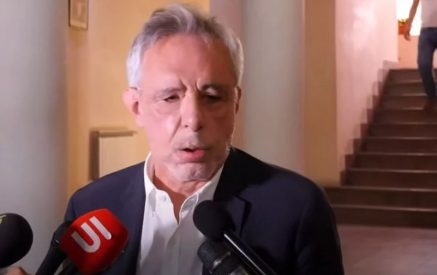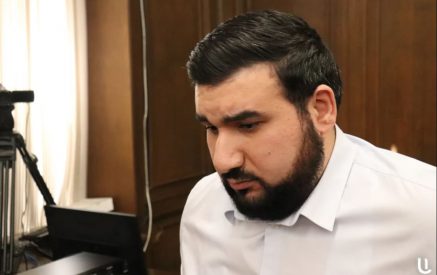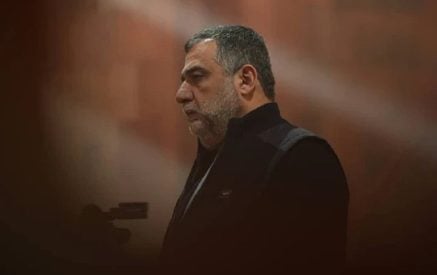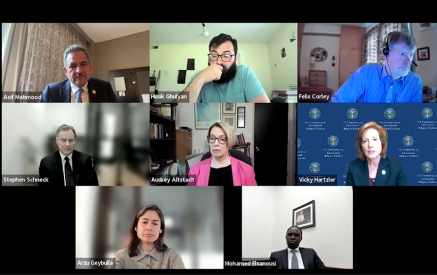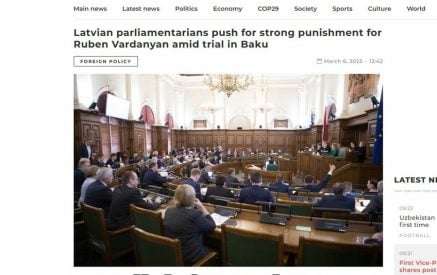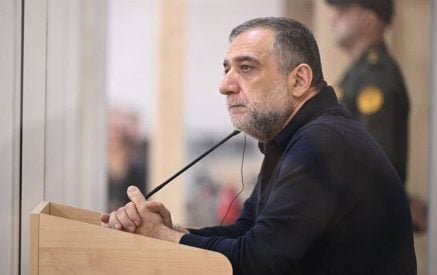One of the common questions I have been getting from many is that what are the key points and arguments that can be made during discussions, debates, interviews and advocacy efforts concerning Armenia-Azerbaijan talks and the Nagorno Karabakh conflict.
Here are my talking points for diplomats, professionals and laymen:
1) Peace is Azerbaijan’s to lose. After eight months of total blockade of the 120.000 Armenian population of Nagorno Karabakh, denying them of life’s essentials, Azerbaijan remains defiant and petulant about its conditions to open the corridor linking the enclave to Armenia, despite its written commitment in the Cease Fire Declaration of November 9, 2020 to secure the flow of traffic and International Court of Justice’s decision of February 22, 2023 ordering Azerbaijan immediate opening of the corridor.
2) Founding prosecutor of the International Criminal Court, Luis Moreno Ocampo, in a recent report, accused Azerbaijan for having committed genocide for “deliberately inflicting on the group conditions of life calculated to bring about its physical destruction in whole or in part,” as defined in the United Nations Genocide Convention.
Read also
3) Azerbaijan’s move is/was intended to pressure Armenia to sign the “Peace Agreement” where Armenia recognizes Nagorno Karabakh as part of Azerbaijan against feeble assurances for the population’s “rights and security” as citizens of Azerbaijan.
4) One must admit that Azerbaijan’s brute tactics since the end of the 44-day war have yielded “results,” as Armenia’s Prime Minister Nicole Pashinyan, acting under duress and threat of war, has continuously conceded to Azerbaijan and eventually declared that Armenia recognizes Azerbaijan’s territorial integrity including the Nagorno Karabakh region. Now Azerbaijan hurries to reinforce Prime Minister’s declaration in a more formal bilateral “Peace Agreement.”
5) This will not bring durable peace between Armenia and Azerbaijan and for the region. To craft a durable peace, consistent with the global mediation patterns for sovereignty-based conflicts and self-determination movements, international law and human rights principles, the agenda must include the right of the people of Nagorno Karabakh to self-determination.
6) The bare discussions of Nagorno Karabakh people’s “security and rights” outside the context and framework of their right to self-determination as envisaged in the current agenda, will have no value and will be illusive. The meaningful discussion of those existential issues can occur only in the context of the realization of the inherent right of the people of Nagorno Karabakh to self-determination.
7) The Armenian people of Nagorno Karabakh are entitled, at a minimum, to the right of internal self-determination and that the current negotiations should provide for the meaningful and effective protection of this right. As such, Nagorno Karabakh’s Soviet era autonomous status should serve as a benchmark for discussions between Armenia and Azerbaijan concerning the future fate and status of the people of Nagorno Karabakh.
8 There are currently over 40 sovereignty-based conflicts and self-determination movements throughout the world and around 120 functional autonomous regions of varying levels and degrees of self-rule in more than 40 countries.
9) While some of the sovereignty-based self-determination movements may end up achieving full self-determination as has been the case for Kosovo, East Timor, South Sudan, others most likely will acquire some form of autonomy of the kinds of Aaland Islands, South Tyrol, etc. Long term peace, however, cannot be considered attainable when an oppressed people is denied of any meaningful autonomy or self-governance, as is being proposed for the people of Nagorno Karabakh.
10) Nagorno Karabakh people’s right, at a minimum, for internal self-determination is compelling given the exculpatory conditions surrounding Nagorno Karabakh’s case:
First, the Armenians of Nagorno Karabakh possess the objective and subjective factors required of a group entitled to the right to self-determination;
Second, Nagorno Karabakh has not ever been part of independent Azerbaijan and maintained a coherent identity as a people with an attachment to the land of Nagorno Karabakh for centuries;
Third, Nagorno Karabakh possessed the status of Nagorno Karabakh Autonomous Oblast during the Soviet times, and maintained an effective, democratic and legitimate government over the territory in the past thirty years since the dissolution of the Soviet Union;
Fourth, Azerbaijan has a long history of denying Armenians their right to self-determination, and all indications are that Armenian people of Nagorno Karabakh will continue to be subject to gross human rights violations, including ethnic cleansing and forced deportation and even genocide as evidenced with the blockade of the territory;
Fifth, Nagorno Karabakh’s unshakable determination for their continued democratic governance in the face of Azerbaijan’s non democratic, authoritarian and dictatorial regime.
11) Armenia has, among other reasons, the legal right to refrain from recognition of Azerbaijan’s territorial integrity. Resolution 2625, unanimously approved by the United Nations General Assembly in 1970, “Declaration on principles of international law concerning friendly relations and cooperation among states,” stipulates that:
“Nothing in the foregoing paragraphs shall be construed as authorizing or encouraging any action which would dismember or impair, totally or in part, the territorial integrity or political unity of sovereign and independent States conducting themselves in compliance with the principle of equal rights and self-determination of peoples as described above and thus possessed of a government representing the whole people belonging to the territory without distinction as to race, creed or color.”
12) Azerbaijan does not meet this condition, thus its territorial integrity is a “rebuttable presumption,” giving Armenia the legal justification to refrain from recognition until there is an agreement on Nagorno Karabakh’s self-determination.
13) Negotiations work when the two sides enter into negotiations in good faith, even if there is a lack of trust. There is a lack of good faith now based on every public statement made by the Azerbaijan leadership.
14) The sides—both of them—as well as many in the international community seem to think that a military loss—and Armenians did indeed suffer a military loss—equals conceding all international norms, human and civil rights and submitting to any sort of rule proposed by the other side. Not true; not pragmatic since this just means war again.
Former Foreign Minister of Armenia Vardan Oskanian




